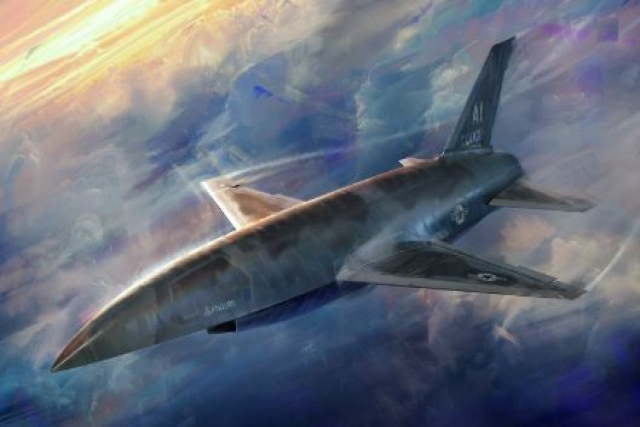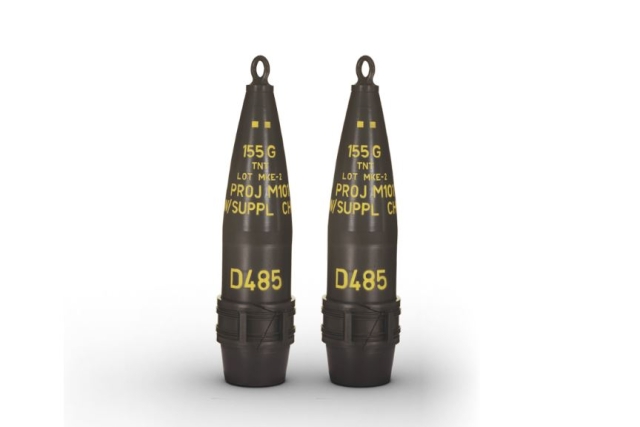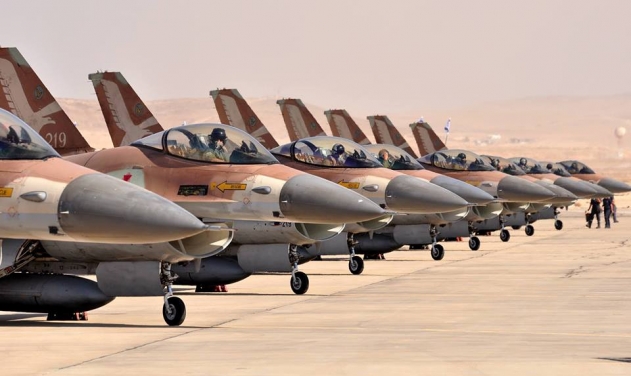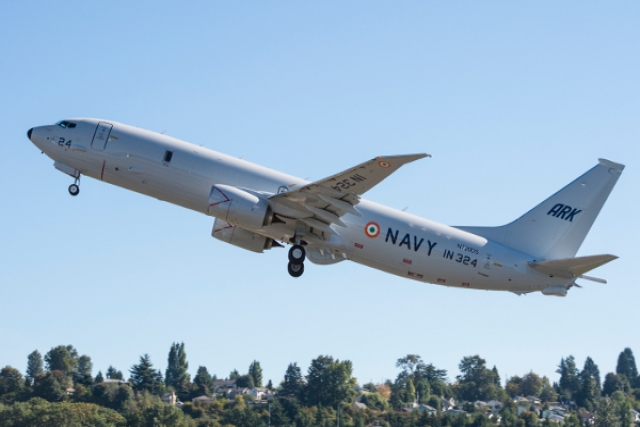U.S. Air Force Begins Ground Tests for Collaborative Combat Aircraft Program
CCAs are designed to operate alongside crewed aircraft such as the F-35 and the F-47 NGAD
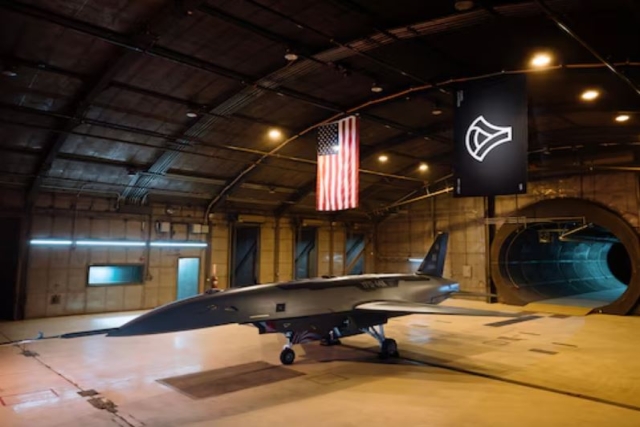
The U.S. Department of the Air Force has started ground testing its Collaborative Combat Aircraft (CCA) program, launching a critical phase in its effort to integrate autonomous fighter jets into the operational fleet.
The tests involve two production-representative vehicles: the YFQ-42A from General Atomics and the YFQ-44A from Anduril.
The evaluations are focusing on propulsion systems, avionics, autonomy integration, and ground control interfaces. According to the Air Force, these tests will confirm system performance, guide design improvements, and prepare the aircraft for first flights later this year.
“Starting ground tests is a key milestone for the CCA Increment 1 program,” said Air Force Chief of Staff Gen. David W. Allvin. “This phase bridges the gap between design and flight, reducing integration risks, boosting confidence, and laying the groundwork for a successful first flight and eventual fielding to the warfighter.”
The CCA program aims to expand the Air Force’s combat capabilities through human-machine teaming. CCAs are designed to operate alongside crewed aircraft such as the F-35 and the F-47 Next Generation Air Dominance fighter. These unmanned systems are expected to carry out missions including airstrikes, reconnaissance, electronic warfare, and decoy operations.
The Air Force confirmed that Beale Air Force Base in California has been selected as the preferred site for the first CCA Aircraft Readiness Unit. This unit will maintain CCAs in a fly-ready status with minimal flight requirements, reducing the number of support personnel compared to traditional fighter units.
Anduril reported it expects the YFQ-44A to begin flight tests this summer. Jason Levin, Anduril’s senior vice president of air dominance and strike, said, “YFQ-44A delivers highly capable, mass-producible, and more affordable fighter capability at the speed and scale required to stay ahead of the threat.”
General Atomics stated that its YFQ-42A remains on schedule and will begin ground testing soon.
The Air Force plans to make a competitive production decision for Increment 1 in fiscal 2026, while also launching development of Increment 2 to broaden mission capabilities and integrate emerging technologies.
The Air Force expects the CCA fleet to eventually number around 1,000 aircraft, with cost and modularity key to ensuring rapid replacement and upgrade cycles.

